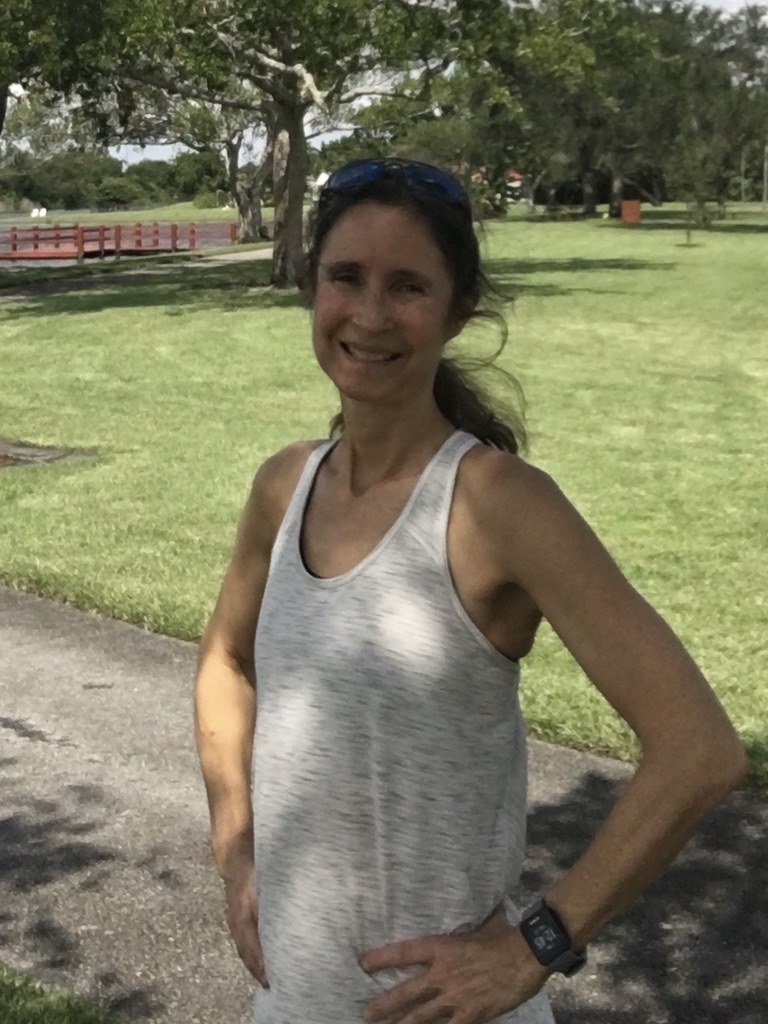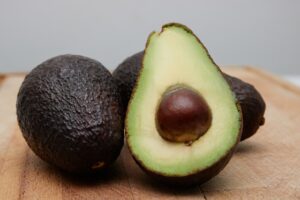In his latest book, The Comeback Quotient, Matt Fitzgerald describes a mindset he calls “ultrarealism.” He relates instances where athletes utilized ultrarealism, both in races and life, to recover from serious setbacks. The stories range from Mirinda Carfrae’s come-from-behind victory in the 2014 Ironman World Championship race, to Jaime Whitmore’s comeback from a devastating cancer diagnosis.
Matt explains ultrarealism as a three-part process of accepting reality, embracing reality, and addressing reality, and describes each of these steps. He includes quotes from stoics and spiritual teachers, but one of my favorites comes from Matt himself. One of the ways to embrace reality, he says, is through positivity and gratitude. “In even the worst moments, a lot is happening. Each slice of conscious experience has layers and facets, and they’re truly never all bad at the same time.” So true- just because something hurts- oh, let’s say your foot, for example- doesn’t mean that’s your entire reality.
I’m going to say one thing upfront, because it was something that nagged at me for a lot of the book. Parts were very engrossing, and some parts were less so. I appreciate the fact that Matt likes to bring in science, but sometimes the studies he cites just weren’t that interesting. In one section he talks about how a process-oriented approach is more effective than a results-oriented approach, and then goes on to describe, in detail, studies that back this up. They weren’t interesting to read, and I would have been fine if he had just said “studies back this up.” It could have been a footnote. BUT! The book is only 200 pages, so I understand why Matt included them. Although I did like this book, I felt that it could have been a pamphlet.
Having said that, it was a really interesting book (pamphlet.) I found myself underlining certain parts, and I don’t mark up all my books. Another of my favorite quotes is from his section on David Goggins. Someone asked David if he takes any supplements and he said, “Yes, I take a giant suck-it-up pill every morning and wash it down with a refreshing cup of hard.”
Hee hee.
The last chapter, “When Comebacks Fail” addresses the fact that not all comebacks have fairytale endings. I really appreciated this, because sometimes stories like these leave me frustrated. The message seems to be that if you have the right mental attitude, anything is possible. David Goggins completed a 100 mile race with several broken metatarsals- why am I being sidelined by something is tame as plantar fasciitis? Does the fact that I’m not willing to run on broken bones mean I’m a lame-ass?
Matt includes several stories of comebacks that did not go as planned. Sometimes having the right mental attitude and trying your hardest don’t lead to the desired outcome. Matt maintains that in every situation, if you accept reality and make the choice that will make your present situation most meaningful to you, it can still be a success story.
Overall, this book was an inspiration. It left me with a feeling of empowerment. It’s a great read if you’re struggling right now, and would be an excellent gift if someone you know is facing a difficult situation. Although I did feel that it was short, it’s a reasonably-priced paperback (I paid $14.68 on Amazon) so it’s worth the cost.
Next up…

Wendy just reviewed this and I can’t wait to read it!
What’s one of your favorite running books?






16 Responses
Thanks for the review. I’m glad that it was helpful for you to read.
I enjoyed Deena Kastor’s.
Yes- Deena’s book is definitely one of my favorites.
I have read a bunch of his books but not this one yet. Thanks for the great review!
Yes, he’s written a lot of books. This one just recently came out. It was a good one!
This really sounds like a fabulous read…I especially love the positivity & gratitude strategy (hey, they worked for me, both times, as I navigated my way towards recovery). Curious, did he mention how long his broken bones took to heal after he ran on them? LOL, but Yikes.
No, and that’s a question I have every time I hear that story- so David Goggins ran a 100 mile race with broken bones in his feet- but what happened afterwards? How long was he out of commission? You never hear that part.
A well written review, Jenny! Thanks so much for this.
It’s true, even in the worst situation, it’s never all bad.
Did you see, Janae is now on the Peloton. She says without her injury, this would never have happened. Like you, she has a great attitude!
I did see that! I love how she’s so into Peloton now. Just goes to show, there’s always a silver lining.
I am always interested in books about running.
Thanks for sharing.
You’re welcome! I love running books.
If Matt needed to pad out the book, it sounds like he would have been better off bringing in more stories and leaving out the studies. Overall I like Matt’s books but I know exactly what you mean. I also get frustrated with the David Goggins style “I had a big race so I sucked it up and ran on my broken bones” and much prefer the smart person’s “I had a big race so I skipped it and took time to heal because there is always another race”. Long term thinking and self care is priceless.
Yes, David Goggins is a great example in some ways and not so great in others. His style is very personal and wouldn’t work for most of us.
I like the Goggins quote however I wouldn’t run on broken foot bones just like I gave up my race yesterday as soon as I fell!
What? You fell- oh no! I hope you’re okay. Yes- don’t run on broken bones.
Yup. Suspected broken hand, though it wasn’t, in no state to run! Am OK now though …
Well good- glad your hand wasn’t broken. That must have been quite a fall.